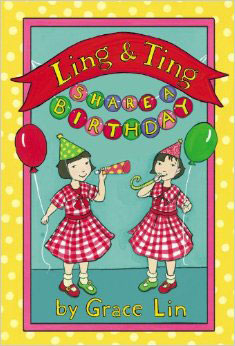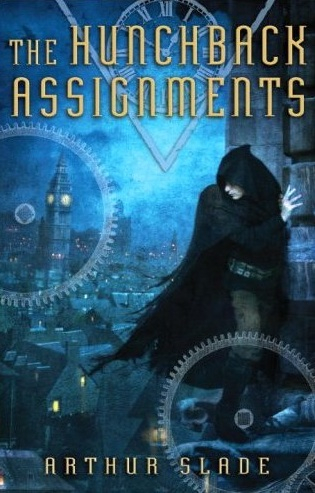Brain Burps About Books
Episode #151
Want to tweet about this show? Click here!
See below and enter to be one of two to win a signed and personalized copy of Grace’s new book, Ling & Ting Share a Birthday!
Take advantage of getting FREE advice through the podcast and call in your questions to speakpipe.com/katiedavis.
What you’ll hear in this episode
- an interview with Grace Lin
- a gratitude segment with Julie Hedlund when Julie asks Caldecott Award Winner Peter Brown why he’s grateful to be a children’s picture book author/illustrator of books such as Mr. Tiger Goes Wild, Children Make Terrible Pets, and Creepy Carrots.
What you’ll hear in the interview
- The difference between writing for Easy Readers and other kinds of books (there are rules!)
- How I made a big mistake about the Geisel Award
- Grace’s late first husband Robert, and the legacy of Robert’s Snow
- How Grace came to love her Chinese heritage after not liking it at all growing up
- Finding and embracing her art style
Enter to win!
Yes! You might win a copy of Grace Lin’s new book Ling & Ting Share a Birthday by using the form below. Then check if you won by tuning in on Wednesday, October 2nd and listen to episode #152, or look back here after October 2nd and read the show notes for that episode, or go on Twitter and look for #BrainBurpsPodcast.
a Rafflecopter giveaway









3 Comments
kristen fitzgerald
LOVE this!
Katie
Thanks, Kristen!
Taurean Watkins
Another great episode!
Katie, you’re NOT alone on finding (So called…) “Easy” readers scary to write.
I care too much about story to endure the strictness readers demand. I’ve actually purchased “The Children’s Word Book” out of sheer DESPERATION with getting feedback from beta-readers
(Many who are parents of kids who are were this age) that I sounded “too Hard” for the pre-k to second grade reader.
I didn’t know how strict the syllable counts were for readers, Grace, but what I’ve learned in recent years on the subject it sure doesn’t surprise me.
While I haven’t read your work yet, you have my deepest condolences to tackle this challenge, and it’s great there are awards for easy readers now, we have them for picture books and novels, why this category has been overlooked until recently is beyond me, but better late than never.
One thing I envy about those who can write easy readers (I prefer “Early Readers” since writers know or soon find out they’re NOT easy to write as the best of them are to read) is the readers at this age are so much more willing to suspend they’re disbelief than older kids at times, especially the kids who prefer nonfiction over fiction, which as a writer who revels in the fantastical, would be the hardest to win over.
You STILL don’t want to sound like a condescending jerk to those learning to read, and like Grace said, “Just because they’re learning to read doesn’t mean they want their first books to be bland and lifeless.
As a reader, if nothing else, it makes me grateful that of all the problems in school I DID have, and still do socially, learning to read
(On a technical level) was not a crisis for me as it can be for some.
I’m primarily a novelist, so writing in shorter forms in general is an exercise in courage for me, and why I feel a bit limited in what I can do with words alone for readers below middle grade, where there are
FAR LESS restrictions with words, however many dang syllables they are.
I could also relate to Grace’s story with not feeling at peace with my ethnic identity.
While I certainly didn’t disavow my racial identity as a kid (In the way Grace described, anyway), I did feel frustrated with the majority of black/african-americans portrayed a certain way-
We’re either hard-edged roughneck southerners, overachieving Type A jerks, or (Particularly the men) sex-crazed nimrods.
(That’s as PG I can put it and be honest…)
I’m still working on better relating my family’s history and our race’s national history.
That said, I struggled more with being the nontraditional male in my family than my racial identity, though I haven’t written about it in my fiction, only because I didn’t want it to limit what I wrote or come off
preachy. No one wants to read sermons disguised as fiction.
I also can relate to the “How much of yourself you share” online. I try to be careful what I reveal about my family, yet be as open as I can be with stuff solely regarding myself, such my taste in books, writer journey, non-authorial interests, etc.
I’m not married or a parent, and I still have to be careful what I say regarding my family, just to open the discussion beyond the parental realm, not to at all put away the unique challenges parents face on the matter.
To end on a less raging note, I’m glad there are, even if the line between sharing and exploitation isn’t always as clear as we’d like.
Take Care All,
Taurean (Taury)